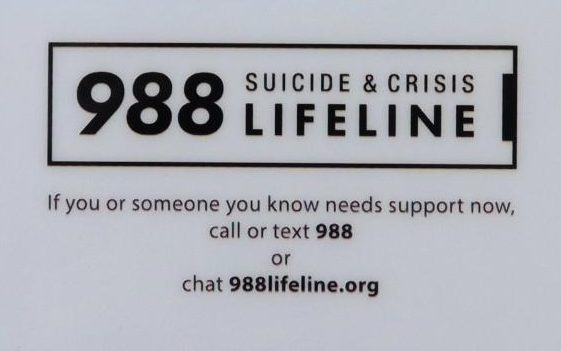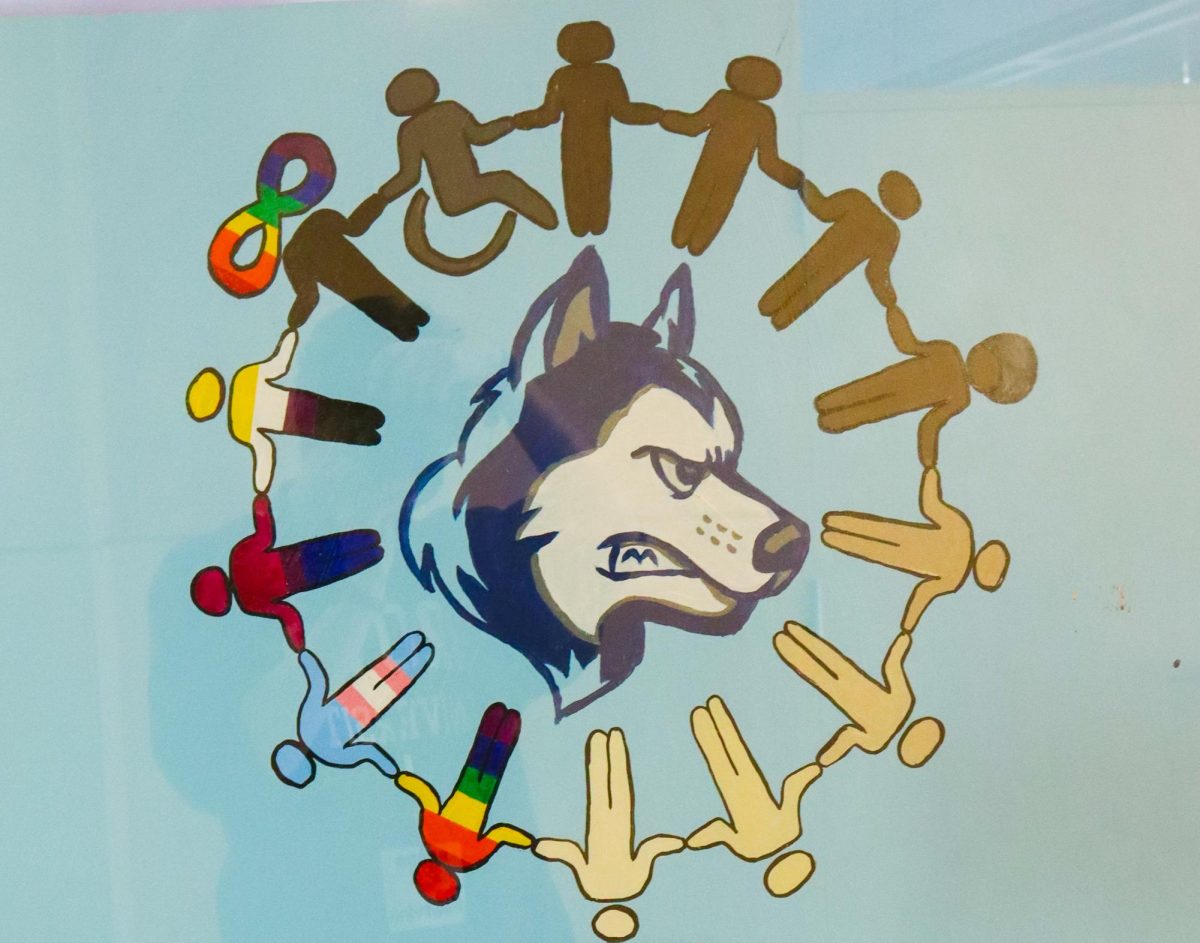The political climate in which transgender rights and issues are being discussed is more than concerning. It’s dangerously ill-informed and fueled by a deliberate refusal to understand.
As of 9/27/2023, there have been 568 anti-transgender bills proposed in the United States (data provided by Trans Legislation Tracker). The number rises each time I check. There’s no specific type of anti-transgender bill. They range from bills on which bathroom transgender people can use, restrictions on sports team participation at the grade school level, restrictions on gender-affirming care*, bills requiring schools to out transgender students to their parents**, bills limiting education on gender or transgender people, including books about or written by trans people, and other transgender issues and history.
About a year ago, I began to hear an audio going around, cut from a speech given by political commentator Michael Knowles, stating “transgenderism must be eradicated from public life entirely.” Knowles has given numerous, multi-hour long seminars and speeches against trans people in the past, like some sort of anti-trans savant. He has gained criticism, particularly from author and journalist Alejandra Caraballo, who stated in a tweet that Knowles was openly calling for a genocide of trans people. Knowles responded with the following:
“I don’t know how you could have a genocide of transgender people because genocide refers to genes, it refers to genetics, it refers to biology […] And the whole point of transgenderism is that it has nothing to do with biology.”
Though there are many flaws in his thought process, such as the definition of genocide, which he has bastardized into something entirely new, his argument falls apart when you address one key word: transgenderism.
The suffix -ism is used to establish an ideology, something that can be taught, that anyone can learn. There is no such thing as transgenderism. There are people who are transgender, but they are not followers of an ideology. They are in a state of being, which is exclusive to their biology and psychology. Transgender is a term used to describe individuals who do not identify with their biological or natal sex. What drives a person not to identify or connect with their physical sex characteristics versus their gender is gender dysphoria, a psychiatric condition in which a person experiences distress and severe discomfort with the incongruence between their natal sex and gender identity. In most cases, gender dysphoria is caused by a hormone imbalance and miscommunication in the womb. It is not learned, nor can it be taught.
If you give Knowles the benefit of the doubt (which you can’t do since the quote is pulled from a seminar in which he goes on for over two hours about “transgenderism” as an ideology), and replace “transgenderism” with “transgender people,” his intention is made clear: “Transgender people must be eradicated from public life entirely.”
And what about trans people in government? Though there are fewer than 100 transgender and non-binary elected officials in the US government (about 0.01% of all politicians at the local, state, and federal level), surely they have something to say about their rights being infringed: Zooey Zephyr is a first-term Democrat Montana state representative and a trans woman. Zephyr was silenced (barred from speaking in the house) by her colleagues, who prevented her from speaking because she refused to apologize for telling lawmakers in support of a ban on gender-affirming care for transgender youth that they would have blood on their hands. She took her case to court, but the judge argued that he didn’t want to interfere with the punishment that the legislature had given her, as it was a legislative issue to him. While her words seem jarring, and potentially hyperbolic, she isn’t exaggerating at all.
According to a 2021 study, over ½ of transgender and nonbinary youth report feeling suicidal, and LGBTQ+ youth are four times more likely to commit or attempt suicide than their peers. Gender-affirming care* lowers the risk of suicide in transgender youth and adults significantly, by over 44%. 
“LGBTQ youth are not inherently prone to suicide risk because of their sexual orientation or gender identity but rather placed at higher risk because of how they are mistreated and stigmatized in society.” –The Trevor Project
The License to Discriminate in Healthcare bill, nicknamed the “Let Them Die act”, signed into law by Governor Ron DeSantis of Florida allows medical professionals to refuse to treat patients on the basis of “ethical, moral, or religious beliefs” even if it means the loss of their life. It has claimed the life of a transgender person who was a victim of a car accident. They died after EMTs refused to treat them. I don’t think it’s out of line to call this the legalization of murder.
Socially, trans people have never been more visible or accepted than they are today (which isn’t to say that transphobia is at its lowest, because it’s not). However, politically and legislatively, this is a dark time for trans and other LGBTQ+ people.
In terms of what you can do, here are some places to start:
-
- Don’t stand for transphobia. If you hear or see someone being a bigot, call them out.
- Stay educated, stay informed. Most people don’t know any trans people personally, therefore, all their information about transgender people comes from the media, which is often misinformed or based in bias. Most of the links in this article, especially sites like The Trevor Project are great places to get information, if you don’t have an opportunity to talk to an actual trans person.
- Be respectful of trans people. It’s more simple than you think to use someone’s preferred name and pronouns. Just use them the way you would with anyone else, and don’t ask inappropriate questions (better yet, don’t ask questions at all, unless asking how to be respectful).


